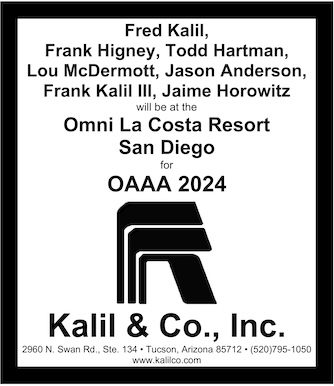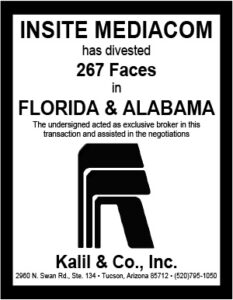
After our post yesterday on Lamar and Johnson City we heard from Richard Hamlin, partner in the Hamlin Cody Law Firm. Here are his thoughts.
We had a client with a similar situation. The city acquired railroad right-of-way by deed in lieu of an eminent domain action. The city allowed our client to remain and pay rent for decades until it decided our client’s signs needed to be removed to widen a street.
Initially, the city offered a few months of free rent. If refused, the client would have to vacate the property immediately. Our client removed the signs and filed an inverse condemnation action. Under California law, eminent domain terminates all leases/licenses and other rights to occupy the property. A sale in lieu of eminent domain is treated the same as if an actual judgment had been entered.
Our theory: our client’s lease terminated when the city acquired the right-of-way. Since the city was willing to allow our client’s signs to remain, our client mitigated damages by paying the reasonable rental value of the space to the city. Our client suffered no damage until the city required removal of the signs.
Our theory got us past a demurrer (a California equivalent to a federal court motion to dismiss). Ultimately, we convinced the city it had exposure of several million dollars. We were able to settle with a new, long-term (50-year) lease on city property in a different location. The terms allowed our client to receive the revenue it lost from having to remove its signs.
[wpforms id=”9787″]
Paid Advertisement


















The Johnson City case is interesting as each state has legal issues in this area of publuc entities buying land for future road widening and letting leases expire as the new landowner. This situation appears to be some form of month to month tenancy…
The citu may have a better legalcase by not accepting land rent..